Coming from biology and chemistry, Christoph Hueck received his doctorate in bacterial genetics. He worked as a Waldorf teacher and...
Because of our consciousness, human beings are not a will-less “part” of nature, but its responsible, guiding partner. The future...
The three 2022 Nobel Laureates in Physics – John Clauser, Alain Aspect, and Anton Zeilinger – have experimentally shown that quantum physics is more than an idea or theory of understanding matter. There is probably only one occasion on which Rudolf Steiner did not use the term ‹occult captivity› in...
The leadership of the Natural Science Section changed in the new year. Johannes Wirz handed along his position to Vesna...
Craig Holdrege is director of the ‹Nature Institute› in Ghent. Its goal is to broaden the view of nature from...
It is rare for the Nobel Prize in Medicine to be awarded to someone who is not researching topics with clinically or therapeutically relevant results. Svante Pääbo, a Swedish scientist and director at the MPI in Leipzig, has achieved it. His discoveries have consequences for the Anthroposophical interpretation of the...
Iris Hennigfeld works on ‹Goethe’s Natural Science as Phenomenology› at the Friedrich Schiller University in Jena. She is also co-editor...
A plant transplanted from one bioregion to another area remains the same species, but its expression embodies its new environment....
Climate chaos is apparent in more and more parts of the world today, but our disconnection from nature reveals itself in other ways as well. In these excerpts from her recent book, Inner Climate Change, Selma Lea Bach encourages us to contemplate the connections between our external and internal environments...
What is bright yellow, eats oats as its favourite food, does not like coffee, learns without a brain – even...
At the end of April, anthroposophically interested scientists met for the annual workshop for physicists and physics teachers. This time...

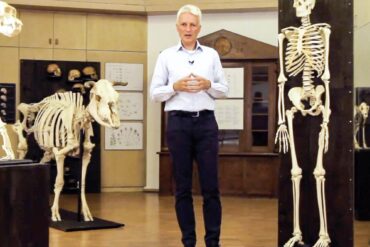

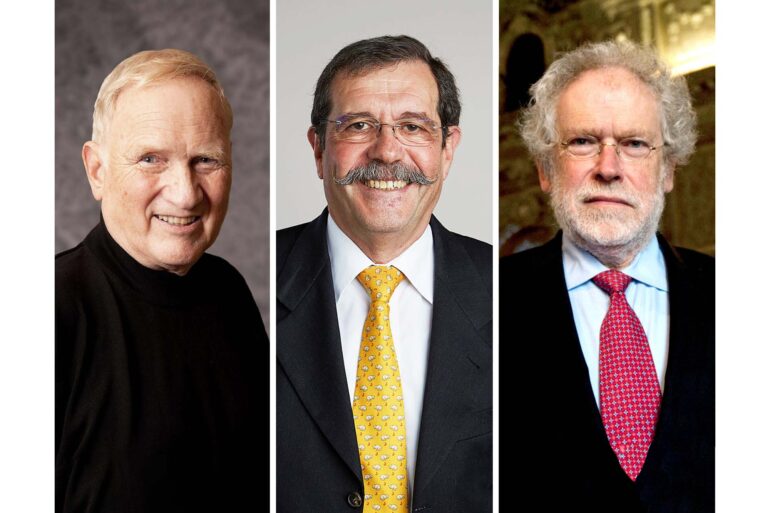
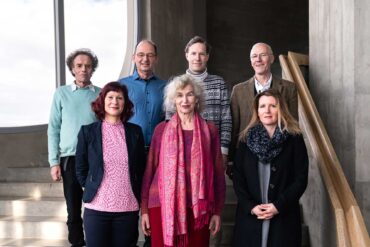
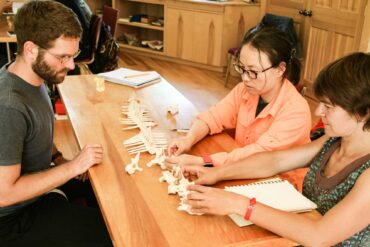
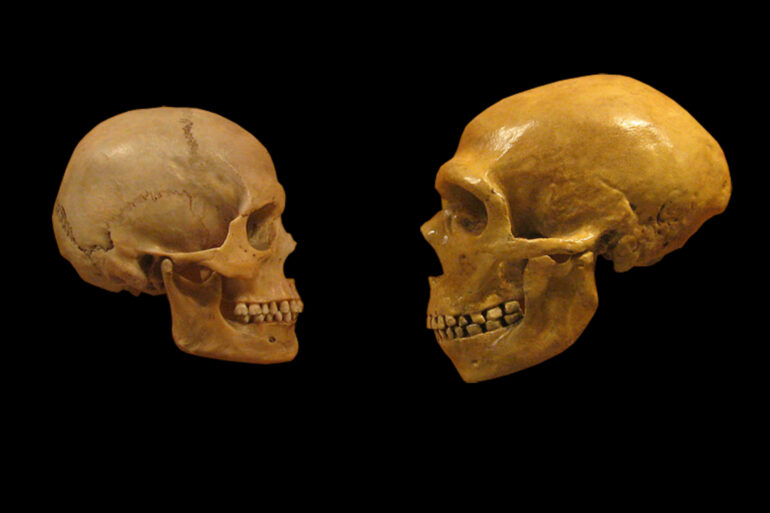
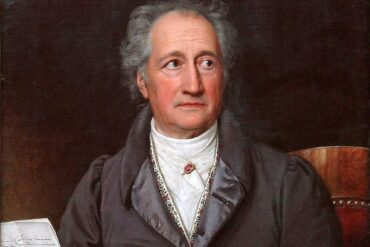
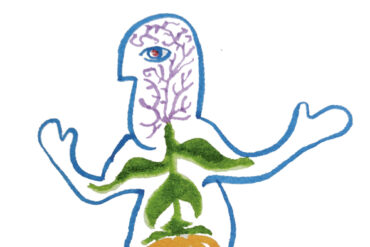




Letzte Kommentare